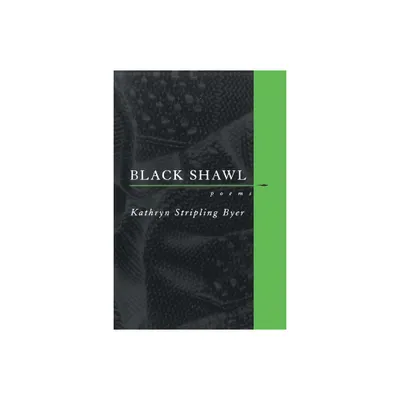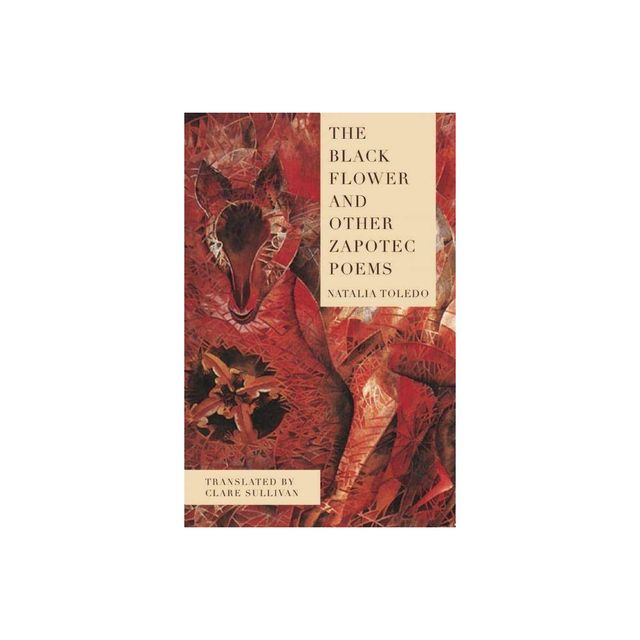Home
Black Shawl: Poems
Loading Inventory...
Barnes and Noble
Black Shawl: Poems
Current price: $16.95


Barnes and Noble
Black Shawl: Poems
Current price: $16.95
Loading Inventory...
Size: OS
*Product Information may vary - to confirm product availability, pricing, and additional information please contact Barnes and Noble
Black Shawl
emanates from Kathryn Stripling Byer’s fascination with female ballad singers in southern Appalachia, whose voices haunt the mountains still, and from the image of a black net or shawl being dragged over the ground, plumbing the depths, collecting bits and fragments of a woman’s life. The singers and storytellers of this splendid collection are struggling to answer the query of the book’s epigraph: “What will you make of this?”
The first section, “Voices,” offers a variety of female perspectives—those of mothers, daughters, sisters, lovers. These women are singing the old songs and waiting for their lives to change. “Blood Mountain,” the second part, experiments with ballad conventions and the mysteries of mythmaking: “ . . . one story’s good as another so long as there’s blood in it.” Delphia, a quilter and teacher who narrates the third section of
Black Shawl,
epitomizes these mountain women-the very ones who became the Keepers of the Ballads, the repositories, and who passed down their knowledge.
Through the remarkable mountain women of
Byer portrays the singers, once mute, finding their place, weaving a thread in the web of their existence and its endlessly evolving pattern.
emanates from Kathryn Stripling Byer’s fascination with female ballad singers in southern Appalachia, whose voices haunt the mountains still, and from the image of a black net or shawl being dragged over the ground, plumbing the depths, collecting bits and fragments of a woman’s life. The singers and storytellers of this splendid collection are struggling to answer the query of the book’s epigraph: “What will you make of this?”
The first section, “Voices,” offers a variety of female perspectives—those of mothers, daughters, sisters, lovers. These women are singing the old songs and waiting for their lives to change. “Blood Mountain,” the second part, experiments with ballad conventions and the mysteries of mythmaking: “ . . . one story’s good as another so long as there’s blood in it.” Delphia, a quilter and teacher who narrates the third section of
Black Shawl,
epitomizes these mountain women-the very ones who became the Keepers of the Ballads, the repositories, and who passed down their knowledge.
Through the remarkable mountain women of
Byer portrays the singers, once mute, finding their place, weaving a thread in the web of their existence and its endlessly evolving pattern.


















